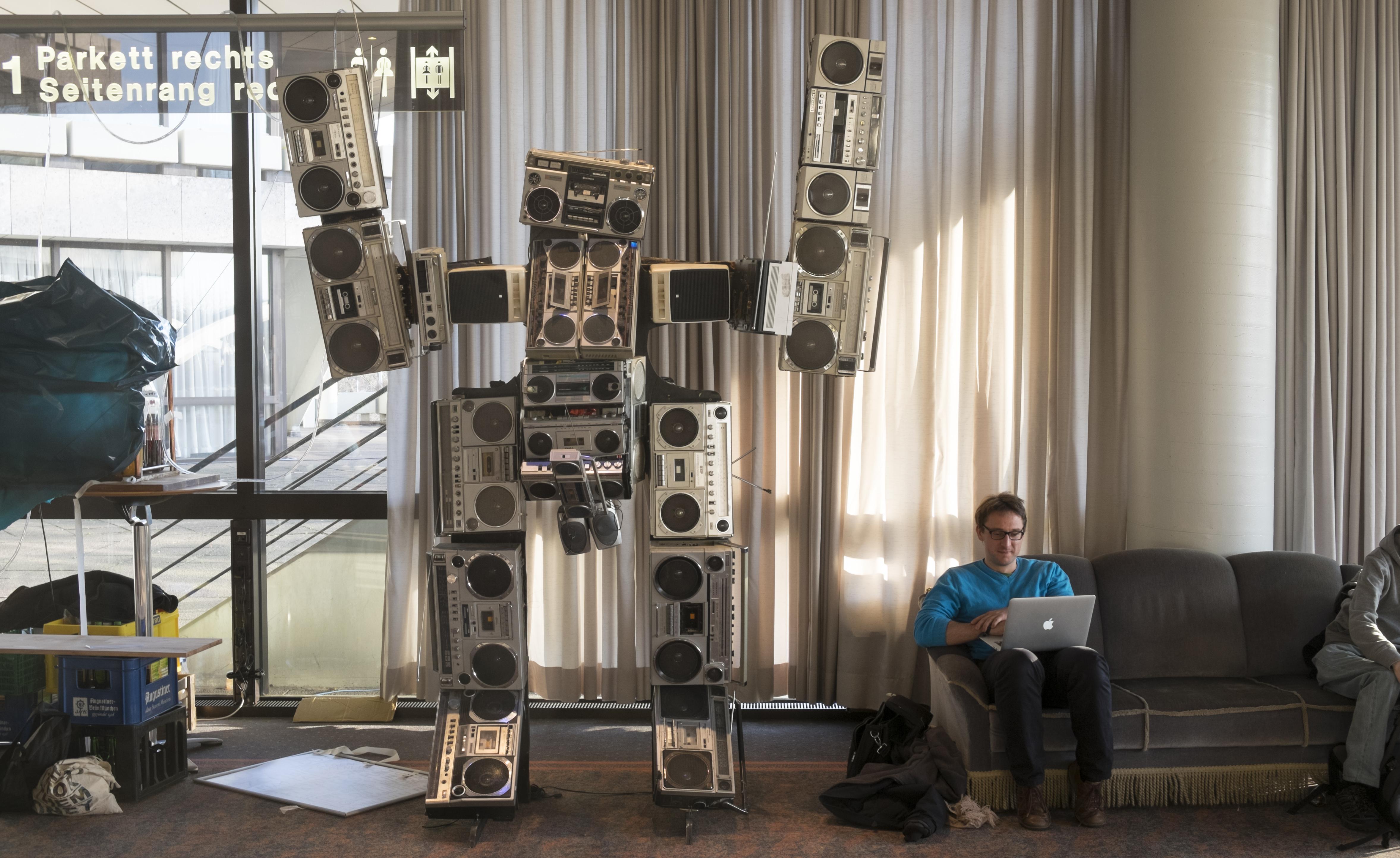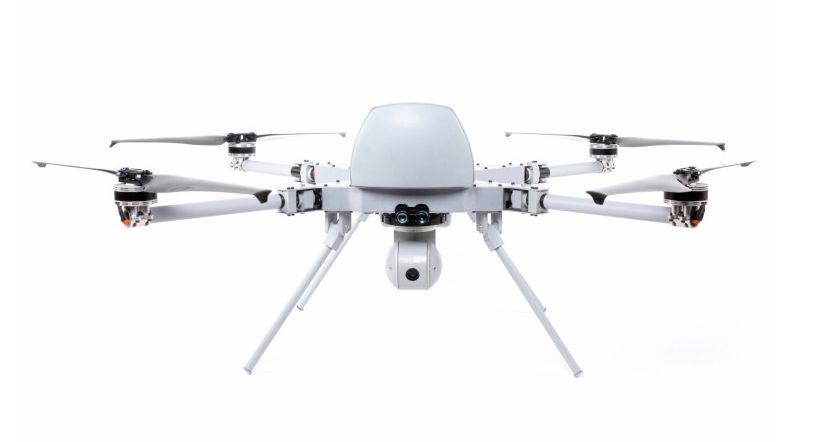ai
If computers can beat us at chess, maybe they could beat us at math, too.
How one startup plans to use “death rays” for good instead of evil.
A brief passage from a recent UN report describes what could be the first-known case of an autonomous weapon, powered by artificial intelligence, killing in the battlefield.
Dreams are weird. According to a new theory, that’s what makes them useful.
A new method could make holograms for virtual reality, 3D printing, and more. You can even run it can run on a smartphone.
If you ask your maps app to find “restaurants that aren’t McDonald’s,” you won’t like the result.
Companies can identify you from your music preferences, as well as influence and profit from your behavior.
New machine-learning algorithms from Columbia University detect cognitive impairment in older drivers.
The more you see them, the better you get at spotting the signs.
Creating an afterlife—or a simulation of one—would take vast amounts of energy. Some scientists think the best way to capture that energy is by building megastructures around stars.
Using machine-learning technology, the genealogy company My Heritage enables users to animate static images of their relatives.
For democracy to prosper in the long term, we need more people to reach higher levels of education.
What happens when simulation theory becomes more than a fascinating thought experiment?
A physicist creates an AI algorithm that predicts natural events and may prove the simulation hypothesis.
Do they really need the human touch?
“Deepfakes” and “cheap fakes” are becoming strikingly convincing — even ones generated on freely available apps.
The best time to start was yesterday, the second best is now.
Max Planck Institute scientists crash into a computing wall there seems to be no way around.
The attack on the Capitol forces us to confront an existential question about privacy.
The AI constitution can mean the difference between war and peace—or total extinction.
▸
5 min
—
with
Perspective twisting books on biology, social science, medical science, cosmology, and tech.
The Google-owned company developed a system that can reliably predict the 3D shapes of proteins.
A new MIT report proposes how humans should prepare for the age of automation and artificial intelligence.
Researchers make the case for “deep evidential regression.”
New book explores a future populated with robot helpers.
A heated debate is occurring at the University of Miami.
A study finds 1.8 billion trees and shrubs in the Sahara desert.
Can we stop a rogue AI by teaching it ethics? That might be easier said than done.
It’s hard to stop looking back and forth between these faces and the busts they came from.
A new interactive documentary “How Normal Am I?” helps reveal the shortcomings of facial recognition technology.





























